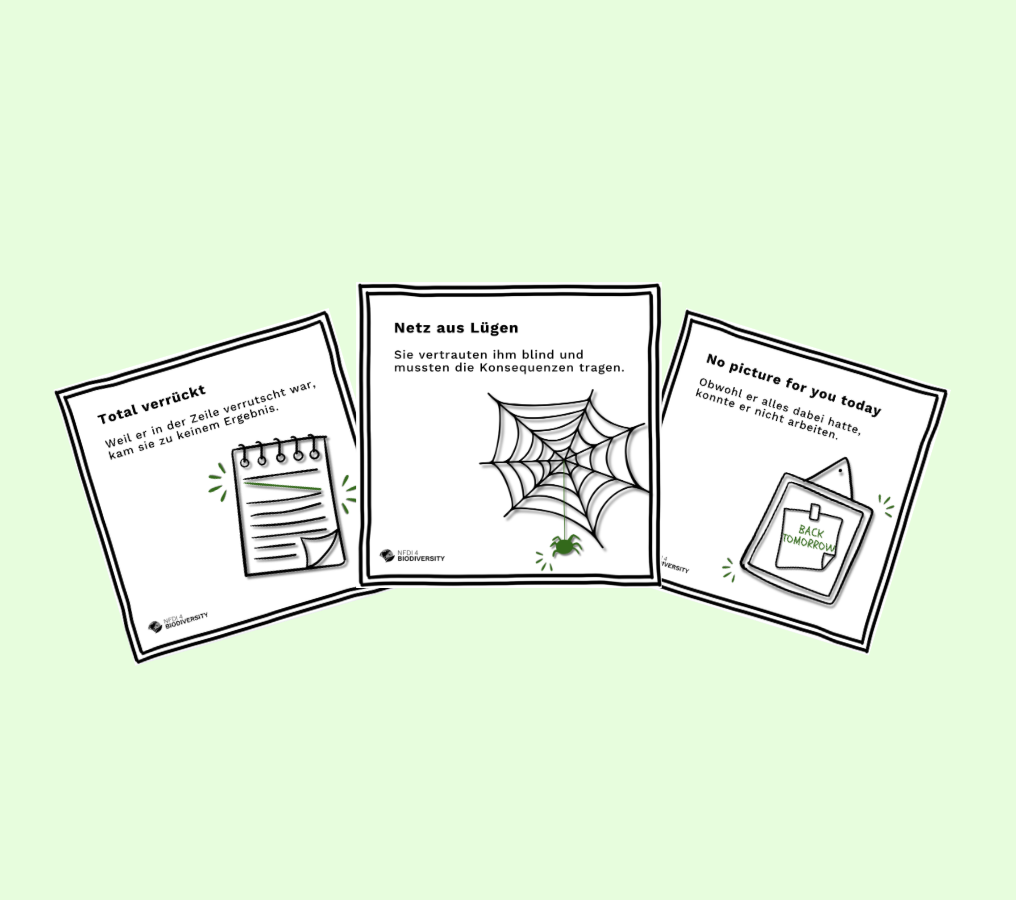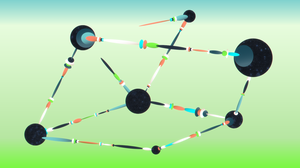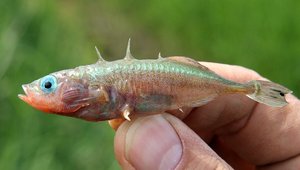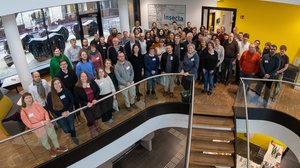Scary stories from the world of biodiversity data

Inspired by the Research Data Scary Tales of the Thuringian Competence Network for Research Data Management (TKFDM), the consortium has published its own data horror stories – and is looking forward to suggestions for further tales.
Entertainment and training material in one
They are part of every well-stocked game collection: the Black Stories. Tragic short stories, usually just a single sentence, that puzzle the players. While the classic game usually involves murder and manslaughter, the Thuringian Competence Network for Research Data Management (TKFDM) has developed a less dramatic version: the Research Data Scary Tales – scary stories from the world of research data.
Here too, as various puzzles prove, there can be nasty surprises if unfortunate mistakes are made when collecting, saving or analyzing data. It is not uncommon for this to have far-reaching consequences, such as lost information, incorrect results or time-consuming extra work.
“The stories are based on our own experiences or those around us.”
Juliane Röder (University of Marburg)
Now the first four Data Scary Tales in the Biodiversity Edition shed light on classic fails in the field of biodiversity, ecology and environmental data. The puzzles were developed by Juliane Röder (University of Marburg) and Daniel Tschink (German Federation for Biological Data (GFBio e.V.) from the NFDI4Biodiversity training team – not only as fun entertainment, but above all as educational material. The puzzles offer both the opportunity to learn about common failures in research data management and to find out how to do it better - for example with the help of training opportunities or practical tools. The Scary Tales can be found in the NFDI4Biodiversity Knowledge Base and as a downloadable file on Zenodo.
Tell us your scary tales!
Have you experienced for yourself what can go wrong when it comes to data management? Tell us about it! The NFDI4Biodiversity Scary Tale collection will continue to grow – and is open to suggestions from the community. “The first four stories are also based on experiences from us or from our environment,” says initiator Juliane Röder. “But don't worry, no one will be exposed: When preparing the stories is not necessary to mention names or institutions. It's all about everyday mistakes and problems and how they could perhaps be avoided.” Interested? You are welcome to send an e-mail to juliane.roeder@uni-marburg.de.
Research Data Scary Tales – Biodiversity Edition (Röder, J., Frohne, K., & Tschink, D.), 2024. Zenodo. https://doi.org/10.5281/zenodo.14237417








